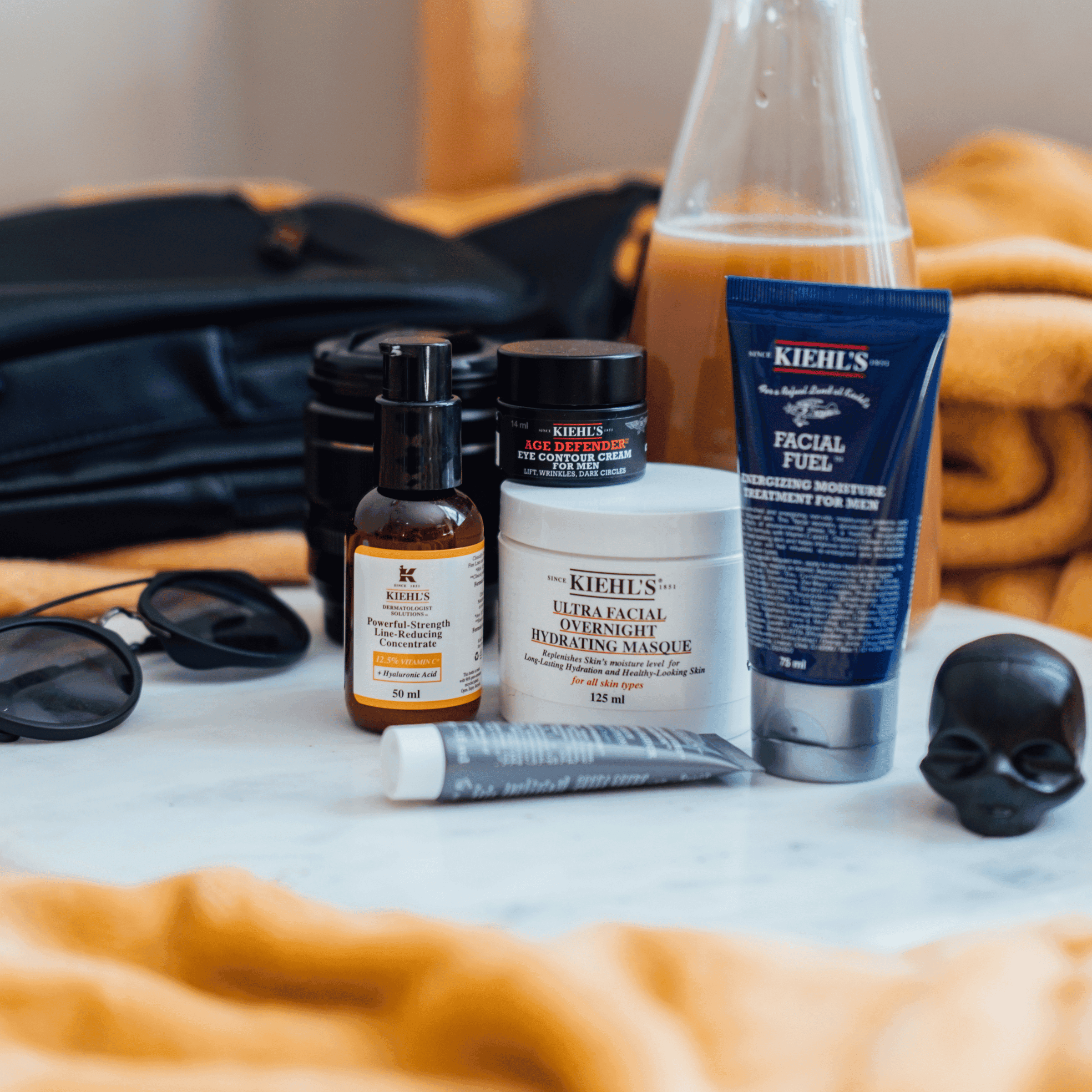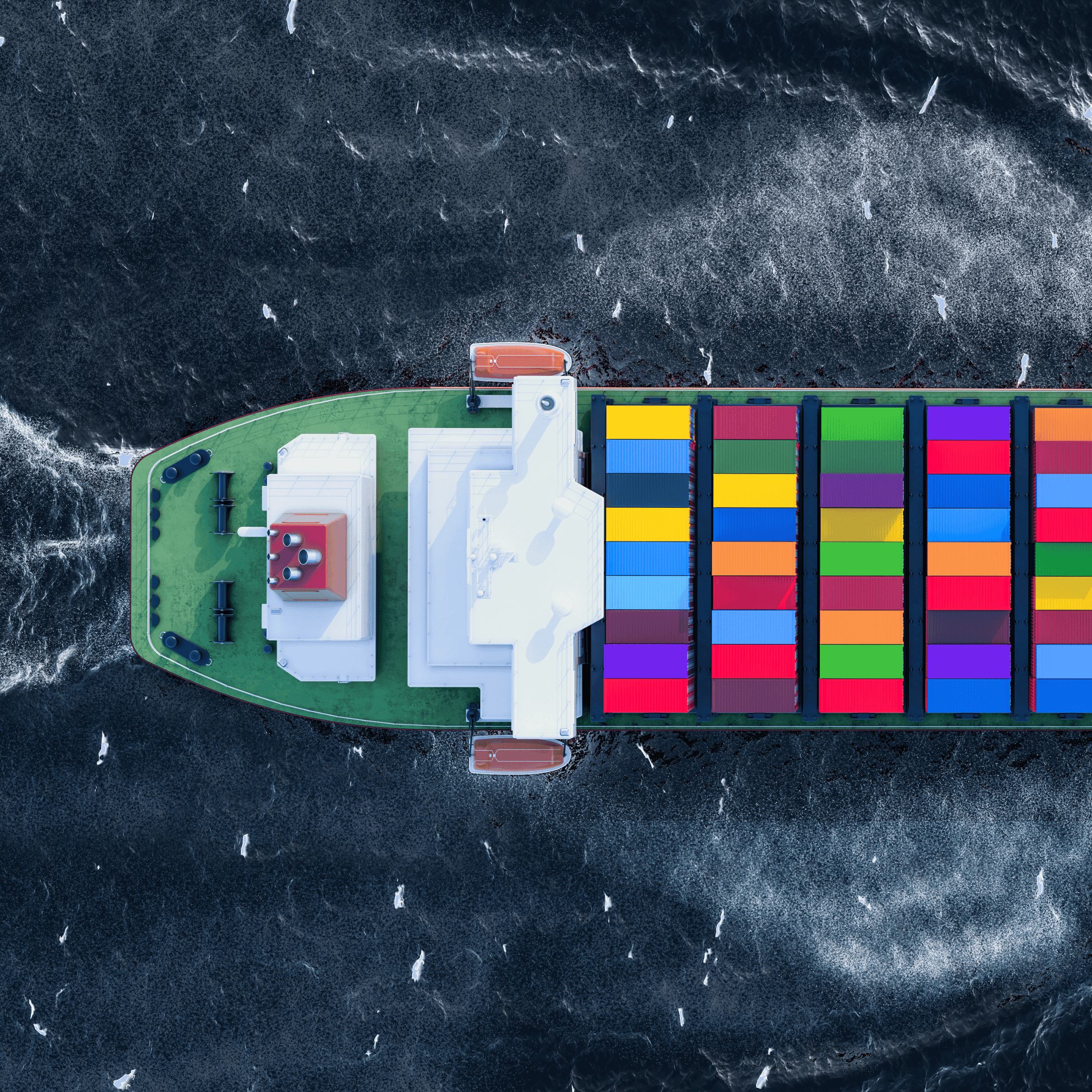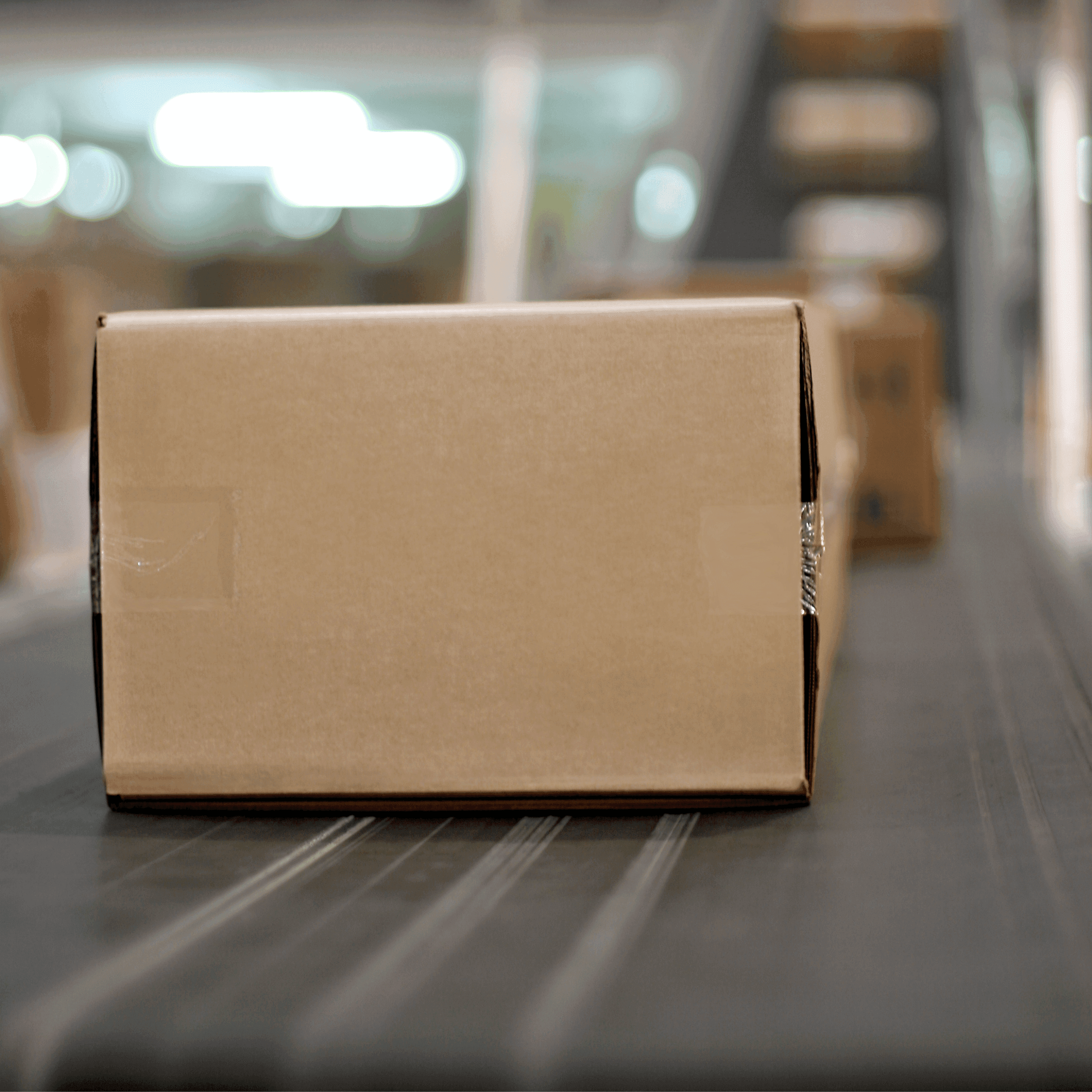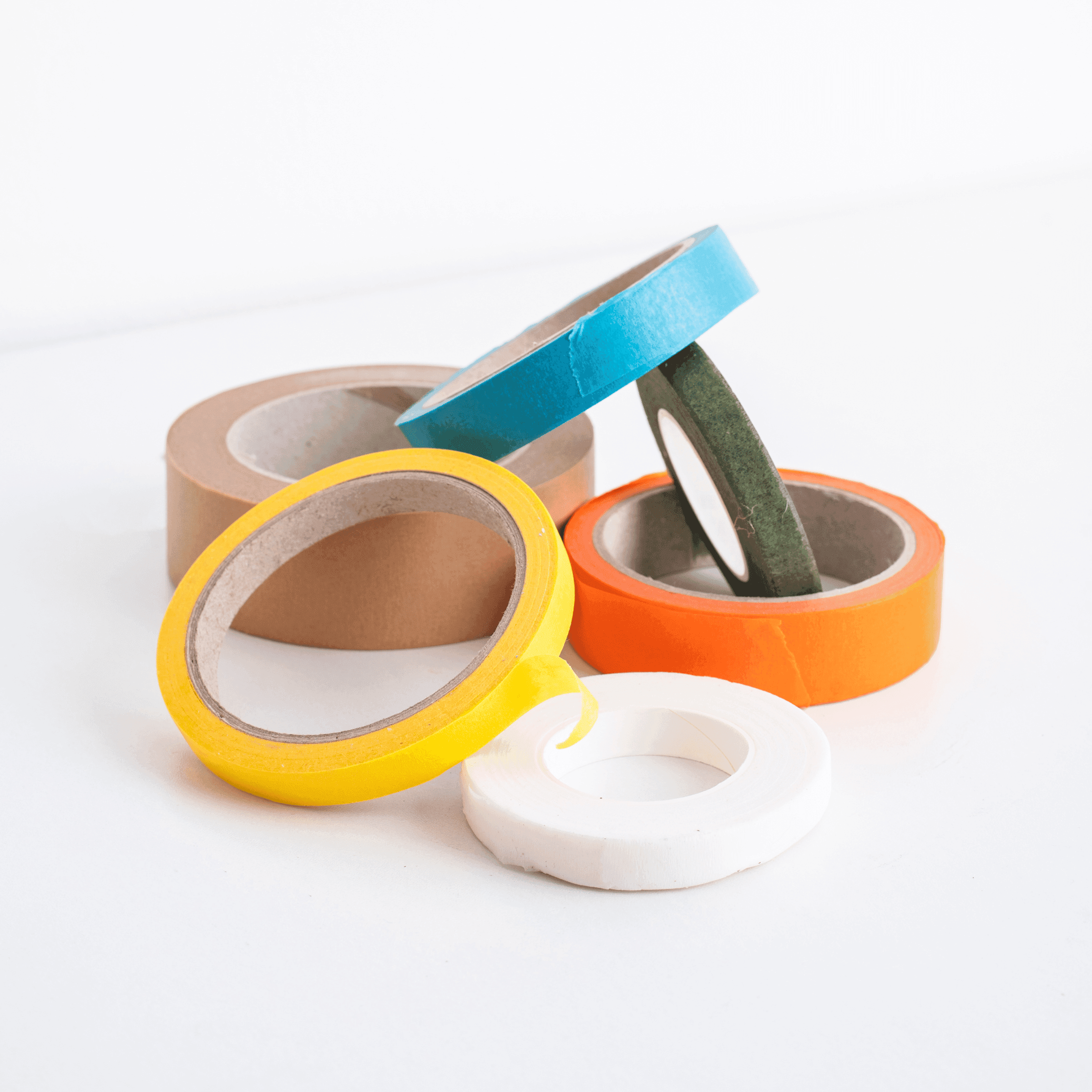For consumer-packaged goods (CPG) and cosmetics brands, regulatory compliance is essential to success. From FDA labeling rules to strict Amazon and retailer guidelines, navigating compliance requirements can be overwhelming—and costly if done incorrectly. That’s why many growing brands partner with third-party logistics providers (3PLs) to ensure products are handled, labeled, and shipped in full compliance with all applicable regulations.
In this guide, we’ll break down the top compliance challenges in the CPG and cosmetics space and how experienced 3PLs help brands solve them.

Why Regulatory Compliance Matters for CPG and Cosmetics
CPG and cosmetic products are regulated to ensure consumer safety and maintain industry standards. Non-compliance can lead to:
- Product recalls and fines
- Legal liability
- Removal from major retailers (e.g., Amazon, Walmart, Ulta)
- Damaged brand reputation and lost revenue
As brands scale, maintaining compliance across different markets and retail channels becomes more complex. A 3PL with regulatory experience can reduce your risk and streamline operations.
Who Regulates CPG and Cosmetic Products?
Several regulatory bodies enforce rules depending on where and how products are sold:
- FDA (U.S.) – Cosmetic labeling, ingredient safety, Good Manufacturing Practices (GMP)
- USDA – Organic product certification
- Health Canada – Cosmetic registration, bilingual labeling requirements
- EU Cosmetics Regulation – Safety reports, ingredient restrictions, packaging standards
- California Proposition 65 – Warning labels for certain chemicals
- Retailers like Amazon, Walmart, Target – Each has its own compliance checklists and prep requirements

How 3PLs Help Ensure Compliance
1. Labeling and Packaging Compliance
3PLs help brands meet both regulatory and retailer-specific packaging requirements by:
- Applying FDA-compliant labels (INCI names, net quantity, batch codes, expiration dates)
- Ensuring packaging meets Amazon FBA, Walmart, and Target standards
- Labeling inner cartons, master cases, and pallets according to routing guides
- Managing relabeling and rework projects to correct non-compliant shipments
2. Lot and Batch Tracking
An experienced 3PL uses warehouse management systems (WMS) to track products by:
- Lot code
- Batch number
- Expiration date
This makes it easy to execute product recalls, isolate inventory, or provide traceability during audits.
3. FDA Registration and Documentation Support
Some 3PLs offer assistance with:
- FDA facility registration support
- Storing Safety Data Sheets (SDS) and Certificates of Analysis (COAs)
- Maintaining Good Manufacturing Practice (GMP) logs
- Creating compliant bills of lading and shipping manifests
4. Amazon FBA, Walmart, and Retail Compliance
Retailers have strict compliance requirements for shipping, labeling, and documentation. A compliance-ready 3PL provides:
- FBA prep and labeling (FNSKU, ASIN, Amazon-compliant box content labels)
- GS1 barcode application and validation
- EDI integration for POA, ASN, and invoice transmissions
- Case pack, pallet configuration, and routing compliance
5. Storage and Handling Requirements
Many cosmetics and personal care products require special storage conditions. Look for 3PLs that offer:
- Climate-controlled warehousing
- HAZMAT-compliant storage for flammable or alcohol-based items
- Bonded warehousing for imported goods awaiting clearance
- FIFO/FEFO inventory rotation for time-sensitive products

Technology Matters: WMS and Compliance Automation
Top 3PLs use advanced software tools to support compliance workflows, including:
- Real-time barcode scanning
- Digital logs for audits and inspections
- Automated compliance checks for labeling, storage, and expiration
- Dashboards to track recalls, returns, and shipment accuracy
Benefits of Using a Compliance-Focused 3PL
Working with a 3PL that specializes in regulatory compliance helps CPG and cosmetics brands:
- Reduce risk of fines, recalls, and non-compliance
- Speed up time-to-market by getting retail-ready faster
- Scale operations without building internal logistics infrastructure
- Access new retail channels with confidence
- Stay up to date with evolving federal and retailer requirements
What to Look for in a 3PL for CPG and Cosmetics
When choosing a fulfillment partner for regulated products, ask about:
- Experience with CPG, cosmetics, and skincare brands
- Lot-level and expiration tracking
- EDI and Amazon FBA integrations
- FDA or GMP-compliant warehouse procedures
- Relabeling and quality inspection capabilities
- Climate-controlled and bonded warehouse options
Compliance Is a Competitive Advantage
Regulatory compliance is not just a requirement—it’s a strategic asset. As regulatory pressure increases and retailers raise their standards, having a 3PL that understands cosmetics and CPG compliance is more important than ever.
From FDA labeling to Amazon FBA prep, the right 3PL helps your brand stay compliant, scalable, and retail-ready.

Looking for a 3PL that understands CPG and cosmetics compliance?
Contact Us





